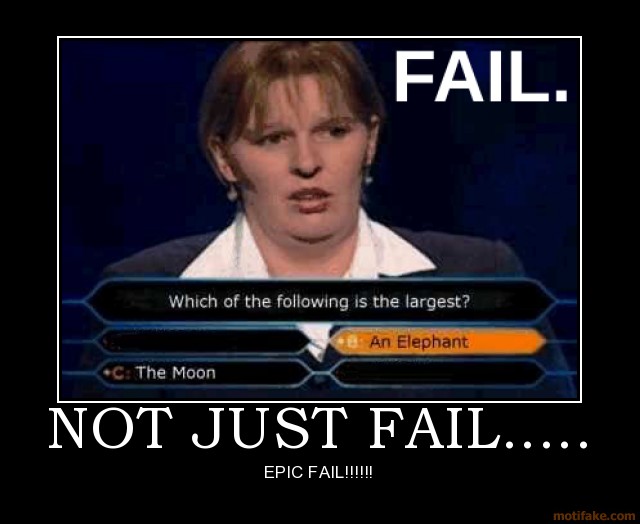Let me try this again. When I say that "law is a dictate of reason," what I mean is that a law is the apprehension of some point of practical reason. For example: "Thou ought not to commit murder." When a law is issued, the idea is that the law has a basis on some rational principle. At least in some manner of speaking, it's a dictate of prudence.
So, if I make a law that murderers shall be imprisoned for life, I am saying the following: 1. it is wrong to commit murder, 2. murderers pose a threat to society and deserve punishment and 3. it is just to imprison them for life.
It does not originate from the mere will of the lawmaker. You can't just make up any law that you want. If a lawmaker does that, then the law runs the risk of being a bad law. Consider
ST I-II, q. 95, a. 2, corpus:
"I answer that, As Augustine says (De Lib. Arb. i, 5) "that which is not just seems to be no law at all": wherefore
the force of a law depends on the extent of its justice. Now in human affairs a thing is said to be just, from being right, according to the rule of reason. But the first rule of reason is the law of nature, as is clear from what has been stated above (91, 2, ad 2).
Consequently every human law has just so much of the nature of law, as it is derived from the law of nature. But if in any point it deflects from the law of nature, it is no longer a law but a perversion of law.
But it must be noted that something may be derived from the natural law in two ways: first, as a conclusion from premises, secondly, by way of determination of certain generalities. The first way is like to that by which, in sciences, demonstrated conclusions are drawn from the principles: while the second mode is likened to that whereby, in the arts, general forms are particularized as to details: thus the craftsman needs to determine the general form of a house to some particular shape. Some things are therefore derived from the general principles of the natural law, by way of conclusions; e.g. that "one must not kill" may be derived as a conclusion from the principle that "one should do harm to no man": while some are derived therefrom by way of determination; e.g. the law of nature has it that the evil-doer should be punished; but that he be punished in this or that way, is a determination of the law of nature.
Accordingly both modes of derivation are found in the human law. But those things which are derived in the first way, are contained in human law not as emanating therefrom exclusively, but have some force from the natural law also. But those things which are derived in the second way, have no other force than that of human law."
You're confusing the four acts of law. The four acts of law are permitting, commanding, forbidding and punishing. See
ST I-II, q. 92, a. 2.
In any case, the running of a business rightly falls under the law as permissive, not under the law as preceptive or prohibitive. You can either run a business or not. It's a
free enterprise.
If you can "illustrate it," then you can explain it briefly and succinctly. :idunno:
1. What "restraint" are you talking about? I don't restrain someone by refusing to sell him a product.
2. Self-perception is a non-argument. I fail to see how this should be considered a legal harm. "He made me feel bad! BOO HOO!" I mean, really? :idunno:
3. You've failed to show that "impaired economic empoerment and opportunity," etc. involved the infringement of a right.
You get the idea.
Supra.
The law must be applied equally to equal cases
ceteris paribus. A philosopher would have noted that the above is not a case of two different cases of the law being applied differently. Rather, one of these cases is simply a case in which the law does not apply. See
ST I-II, q. 96, a. 6.
Is there the infringement of a right or not? If these so called "harms" do not involve the transgression of legal right, then this is a moral matter, not a legal matter.
Supra.
And yet the newcomer is rendered unable to live there because he has failed to obtain the aid of the other 7. The refusal of businesses to serve a portion of the population is merely the farm example writ large. If it's not a legal matter in the case of the farm, then it shouldn't be a legal matter in the case of the businesses.
The principle shines out in both cases: the law ought not compel us to enter into economic exchanges. Private property rights must be respected.
Even if that means that others might be "shut out."


